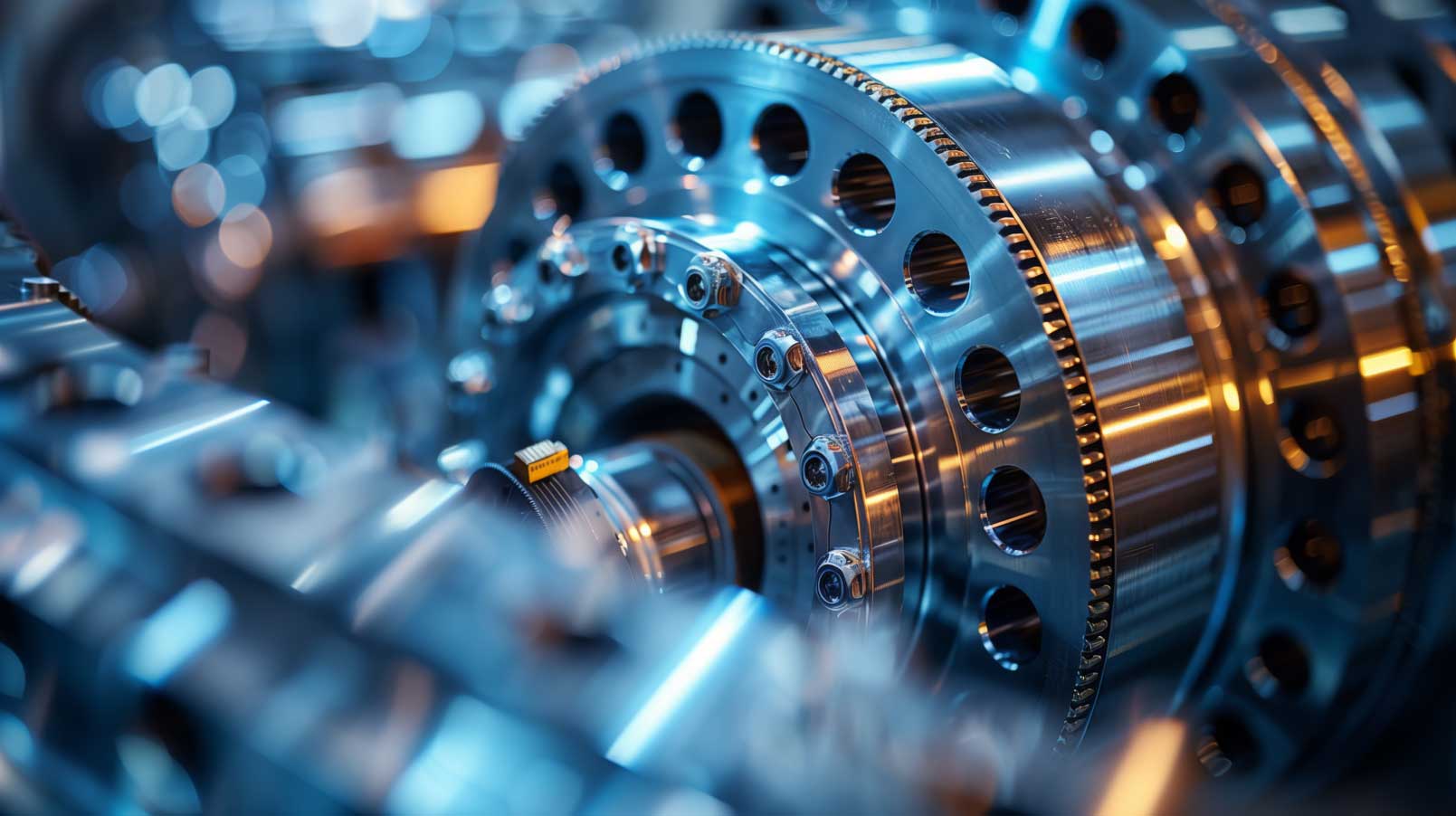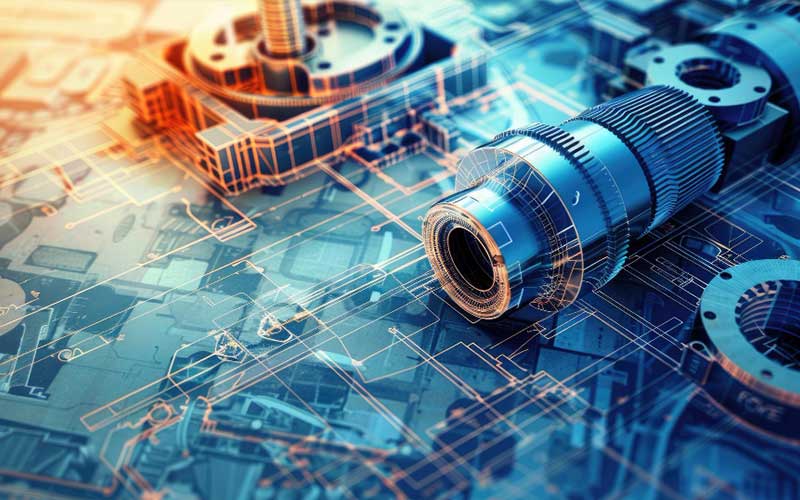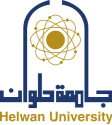Department of Mechanical Power Engineering
Department Overview:
The Department of Mechanical Power Engineering at the Faculty was established in 1956. Currently, the department's faculty comprises 43 members specializing in various fields of mechanical engineering. Their expertise spans across both Western (American, British, German, Belgian) and Eastern (Czech, Hungarian, Indian) academic systems, as well as Egyptian traditions.
The Department of Mechanical Power Engineering is considered one of the vital branches of engineering, focusing on the study of natural power sources and how to optimally utilize or convert them from one form to another. This can only be achieved through a comprehensive and in-depth study of all natural power and energy sources, followed by the establishment of standards and criteria for their use, development, and enhancement while ensuring environmental protection.
In addition, the department prioritizes continuous research into novel methods of producing energy to expand the scope for better utilization and to develop modern and safe techniques for energy storage until it is needed. This enables the department to align with global advancements in science and technology, discovering modern methods and applicable fields to improve human welfare, making engineers effective and productive contributors to their fields. Therefore, the responsibility of a mechanical power engineer is significant, as their work is directly linked to the practical application of machinery and equipment that continually uses energy.
The department offers a Bachelor's degree after four years of study, following a preparatory year. In the first and second years, students focus on fundamental sciences such as Mathematics, Physics, Mechanics, and Chemistry, in addition to core engineering subjects such as Thermodynamics, Heat Transfer, Theory of Machines, Fluid Mechanics, Automatic Control, and Strength of Materials. During the third and fourth years, students engage with specialized applied engineering subjects such as Design, Steam Engineering, Internal Combustion Engines, Hydraulic Machines, Turbomachinery, and Refrigeration and Air Conditioning, alongside elective courses.
The department is equipped with specialized laboratories aimed at enhancing the students' practical and technical skills.

Department Mission:
To prepare specialized mechanical power engineers equipped with the scientific and technical skills required by the labor market through developed curricula and practical application within a smart and interactive educational system that keeps pace with the latest engineering trends and fulfills educational and institutional quality standards. Additionally, it supports innovative research related to societal needs and sustainable development in the fields of energy and industry, enhances partnerships with both public and private sectors to align departmental outputs with national development, and diversifies funding sources to support academic activities and ensure sustained excellence.


Department Objectives:
- Preparing Highly Competent Engineers: Prepare engineers with a strong scientific foundation and advanced practical skills in mechanical power engineering, including refrigeration and air conditioning, thermal energy, renewable energy, and combustion systems.
- Developing Analytical and Design Capabilities: Cultivate students’ analytical and design abilities, enabling them to use the latest engineering software and technological tools to model and solve complex engineering problems.
- Integrating Modern Technology: Incorporate cutting-edge technologies into the educational process, including digital transformation, smart control systems, and clean and smart energy technologies, in line with the Fourth Industrial Revolution.
- Promoting Innovation and Entrepreneurship: Foster a culture of innovation and entrepreneurship by supporting applied student and research projects, encouraging creative thinking to develop innovative and sustainable engineering solutions.
- Advancing Applied Research: Develop applied research in energy and environmental fields while fostering research partnerships with industrial and academic institutions.
- Providing Effective Community and Consultative Services: Offer impactful services that support national industry and sustainable development while meeting labor market demands.
- Qualifying Graduates for Continuous Learning: Equip graduates with the ability for continuous self-learning and effective interaction with rapid advancements in engineering and energy technologies.
- Instilling Professional Ethics: Embed principles of professional ethics, discipline, and teamwork as core values to shape responsible engineers who positively impact society.

Department Specializations:
|
|
|
|
|
|
|
|
|
|
|
|
|
|
|
|
Department Laboratories:
|
|
|
|
|
|
|
|
|
|
|
|
Departmental areas of specialization:
Thermal Power Generation- Internal and Continuous Combustion Engineering- -Refrigeration and Air Conditioning- Turbomachinery Engineering- Pipelines and Pumping Networks- New and Renewable Energy- Hydraulic and Pneumatic Control

Graduate Attributes:
- Fundamentals of Engineering Sciences: Command of core mathematical, physical, and engineering principles relevant to mechanical power engineering.
- Thermal and Energy Systems Expertise: In-depth understanding of design and analysis principles for thermal energy systems, refrigeration/air conditioning, renewable energy, and combustion systems.
- Modern Energy Technologies: Knowledge of cutting-edge advancements in energy technologies, including smart control systems, IoT, and industrial digital transformation.
- Energy Sustainability & Economics: Comprehension of environmental/economic impacts of energy use, sustainability principles, and energy efficiency measures.
- Complex Problem-Solving: Ability to analyze intricate engineering challenges and devise effective solutions through analytical and systematic approaches.
- Modeling & Simulation Skills: Proficiency in applying computational modeling, simulation, and data analysis to design and evaluate mechanical power systems.
- Innovation & Critical Thinking: Capacity to employ innovative and critical thinking to enhance engineering systems.
- Engineering Software Mastery: Competence in specialized tools/software (e.g., ANSYS, MATLAB, AutoCAD) for engineering applications.
- Experimental Competence: Ability to design lab experiments, analyze results, and draw technical conclusions.
- Operational & Safety Standards: Knowledge of maintenance procedures, operational protocols, and occupational safety in mechanical/thermal systems.
- Interdisciplinary Collaboration: Aptitude for teamwork in multidisciplinary settings and effective verbal/written communication.
- Lifelong Learning: Commitment to continuous professional development amid evolving technologies.
- Professional Integrity: Adherence to ethical standards, social responsibility, and regulatory compliance in engineering practice.
Department Contact: M.E.Mataria@m-eng.helwan.edu.eg







